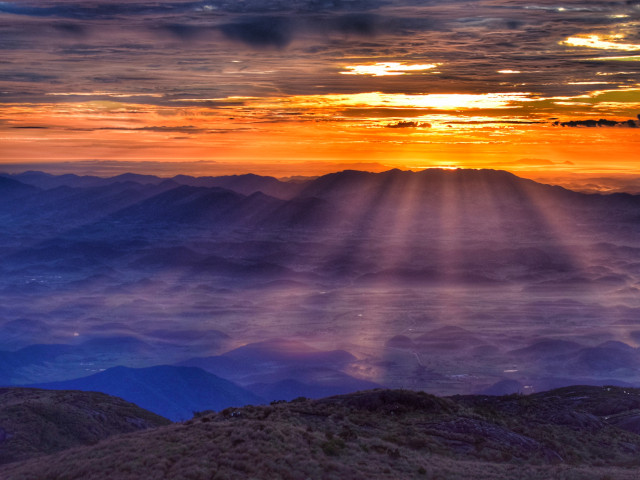Exploring the theme and opening MIR16 to new submission types by Elizabeth Lovatt
Welcome to the behind-the-scenes series for The Mechanics’ Institute Review Issue 16. Over the next twelve months I’ll be taking you through what it’s like to work on a literary anthology, from the theming, submissions and editing process, to the printing and the launch party and live events that follow. Our aim is to provide an insight into what publishing an issue of The Mechanics’ Institute Review entails, which we hope will be of interest to writers, readers and would-be editors alike.
MIR 16 is unique in two ways: for the first time we have a theme, climate, and we are now open to creative non-fiction and poetry submissions as well as short stories.
We live in a precarious climate, in precarious times. When the editors of MIR 16 met for the first time to discuss what climate means to us we came up with a myriad of definitions. What follows is a collection of our thoughts and our hopes for the new issue of MIR 16.
We each bring with us our own climate and in entering into another change it. My world is not your world, yet above us sits the same blue brilliant sky. Can we bridge this gap? We do not know, but we hope for submissions that might offer answers, provocations, rebuttals and insights, into not just our version of climate but the many multitudes that exist. Submissions that will bring us facts and fictions, that will draw us and our readers into their weather-systems or expose the hidden ones around us.
Climate is also, of course, the atmospheric conditions but it is not just “the weather”. Rooted in the Greek kilma, meaning region and the verb kilnein, to slope or lean — it speaks to the notion of a changing environment. Climate change is a phrase so known it threatens to lose its meaning but the deep and impactful damage to our planet is still ignored by many of the world’s leaders, intent on driving capital and a quest for oil and resources. Climate, then, is almost too large for any of us to comprehend. It takes a group effort and so an anthology that can bring disparate voices together is one way we hope to take it all in. I suspect there are as many types of climate as there are people who live in them. We, the editors of MIR 16, cannot wait to read them.
New forms are needed for new ways of thinking. For the first time in its history, MIR 16 has opened its submissions to poetry and creative non-fiction. We want to broaden the debate and find the best writers at work on a contemporary topic that affects everyone. We live in a period when writing, publishing and creative endeavours can feel like a waste of time: wouldn’t we be better spent on a protest line? Perhaps. But there must always be space, and time, for prose and poetry as vital ways to understand and reflect on the world. Especially with something as nebulous and all-pervasive as climate. If we cannot define it, we cannot know it.
Our hopes for MIR 16 are that we remain, as ever, dedicated to finding the best writers: the most well-crafted poetry and prose, to spotlight new and established writers alike. We hold our readers and writers to the highest standard, but we also want space for the experimental, for the raw, for that which provokes debate and disrupts our usual narratives around climate (whatever that may mean). We want to create a platform for the critical, meaningful role that prose and poetry play in platforming thought, challenge and debate. And if that all sounds a bit heavy, I wish too for some humour, some hope to balance out the darkness. If I have learnt nothing from the climate of Twitter (and, really, I have learnt nothing) it’s that even in the most precarious of climates, humankind is not afraid to look it in the eye and laugh.
As everyone’s favourite climate change denier is in favour of saying, “Come on people, get smart!”
They only changed the term to CLIMATE CHANGE when the words GLOBAL WARMING didn't work anymore. Come on people, get smart!
— Donald J. Trump (@realDonaldTrump) July 14, 2014
And as a much wiser man once sung “I know a change gunna come, oh yes it will.”
Submissions for MIR 16 are now closed and next month the real work, the reading, will begin.



